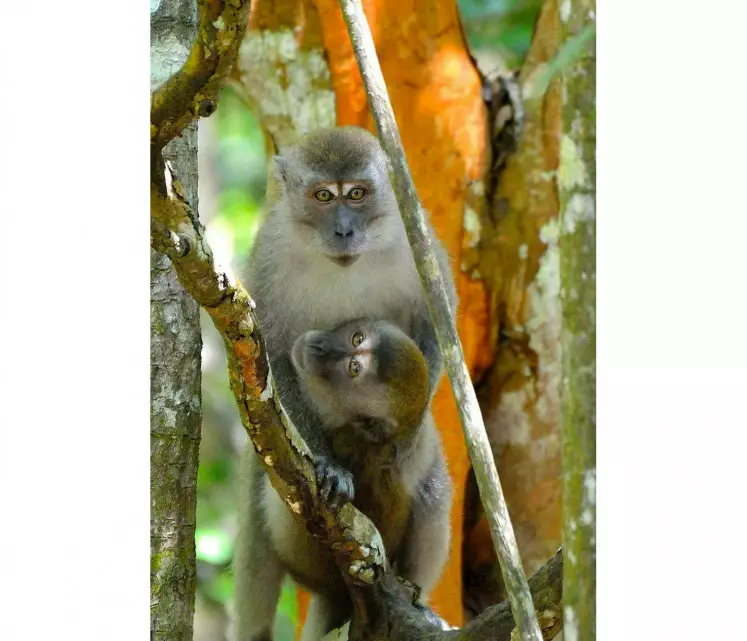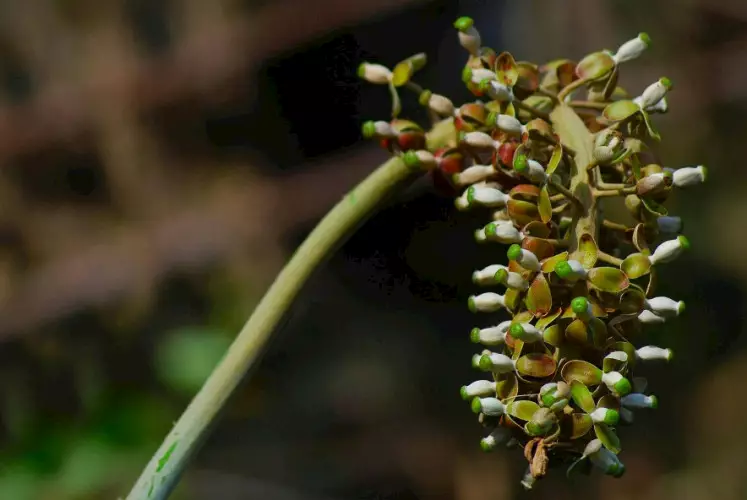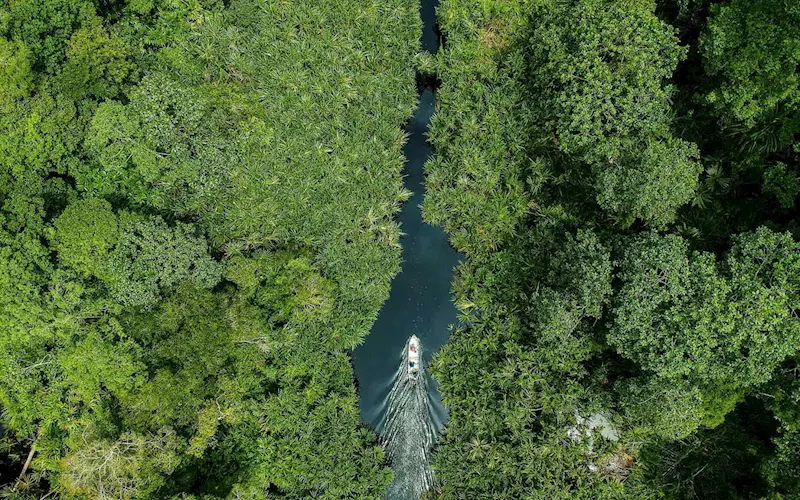Protecting and Conserving Biodiversity in Sumatra - Feature powered by APRIL Group
Restorasi Ekosistem Riau forest ecosystem restoration program was set up by leading pulp and paper producer APRIL Group in 2013.
01 Aug 2021 | By PrintWeek Team
Restorasi Ekosistem Riau (RER), the largest peatland restoration and conservation program in Sumatra, Indonesia, has shown significant progress in protecting a fragile peat swamp forest ecosystem that is home to a range of globally threatened flora and fauna.
The RER program covers an area of 150,693 hectares, about the size of London, on the eastern coast of Sumatra. It was set up in 2013 by leading pulp and paper producer APRIL Group, which has substantial plantation and production operations in Indonesia.
The program’s achievements are summarized in the latest RER Progress Report. Throughout 2020, RER identified 823 flora and fauna species in its restoration areas, an increase of 26 species from the previous year. This included 76 mammal species, 308 avian species, 101 amphibians and reptile species, 89 species of fish, and 57 kinds of insects.
Of the 823 species, 66 are listed on the IUCN Red List as vulnerable (39), critically endangered (17), and endangered (10). A total of 115 species are also included on the CITES list, as well as 99 protected species under the Indonesian government.

The progress in 2020 was achieved despite the impact of the global pandemic. Bey Soo Khiang, Chairman of the Restorasi Ekosistem Riau Advisory Board, said in his introduction to the recent report: “No one needs reminding that 2020 was one of the more difficult years that people and communities have encountered in recent times. It was no different for Restorasi Ekosistem Riau, where the impact of the Covid-19 pandemic tested our resolve and resilience.”
“While some programs or initiatives were interrupted or postponed during the year, and despite the challenges posed by travel restrictions and social distancing, our people maintained their focus and well-being and achieved remarkable progress in difficult circumstances,” he said.
Other research efforts strengthening RER’s role as a biodiversity restoration and conservation area include the monitoring of raptor bird migration recording a total of 302 birds, as well as the Asian Waterbird Census (AWC) that monitored 440 birds from eight species in a day. The RER area on the Kampar Peninsula did not experience any forest fires in seven consecutive years thanks to its strong commitment to restoring and protecting the forest alongside the direct involvement of locals.

RER also took part in the Environment and Forestry Ministry’s efforts to return a Sumatran Tiger by the name of Corina into the wild. The endangered animal was found early last year trapped in a local’s plantation on the Kampar Peninsula, bordering the RER area. The RER restoration area became the location of Corina’s release after a series of studies taking into account the forest’s natural condition, the presence of prey, active protection efforts and the low possibility of interaction between the tiger and locals.
The recent report also highlights the completion of the APRIL Eco-Research Camp, or Eco-Camp, in 2020, after four years of planning and construction,. The Eco-Camp provides an operational base and field office for the RER program and will serve as a peatland science hub where students, researchers and company representatives and stakeholders can research further opportunities to responsibly manage Indonesia’s tropical peatland resources.
The RER program was set up APRIL Group, a member of the RGE Group that oversees a number of globally operating natural resource-based manufacturing companies, as part of its commitment to conservation. The program is also aligned with the APRIL2030 strategy, APRIL’s long term commitments to have a positive impact on climate, nature and people, while operating its business sustainably.
As part of the APRIL2030 strategy, a set percentage of revenue from the company’s plantation forests will go towards forest restoration and conservation. APRIL has also committed to zero net loss of protected forest areas.











 See All
See All